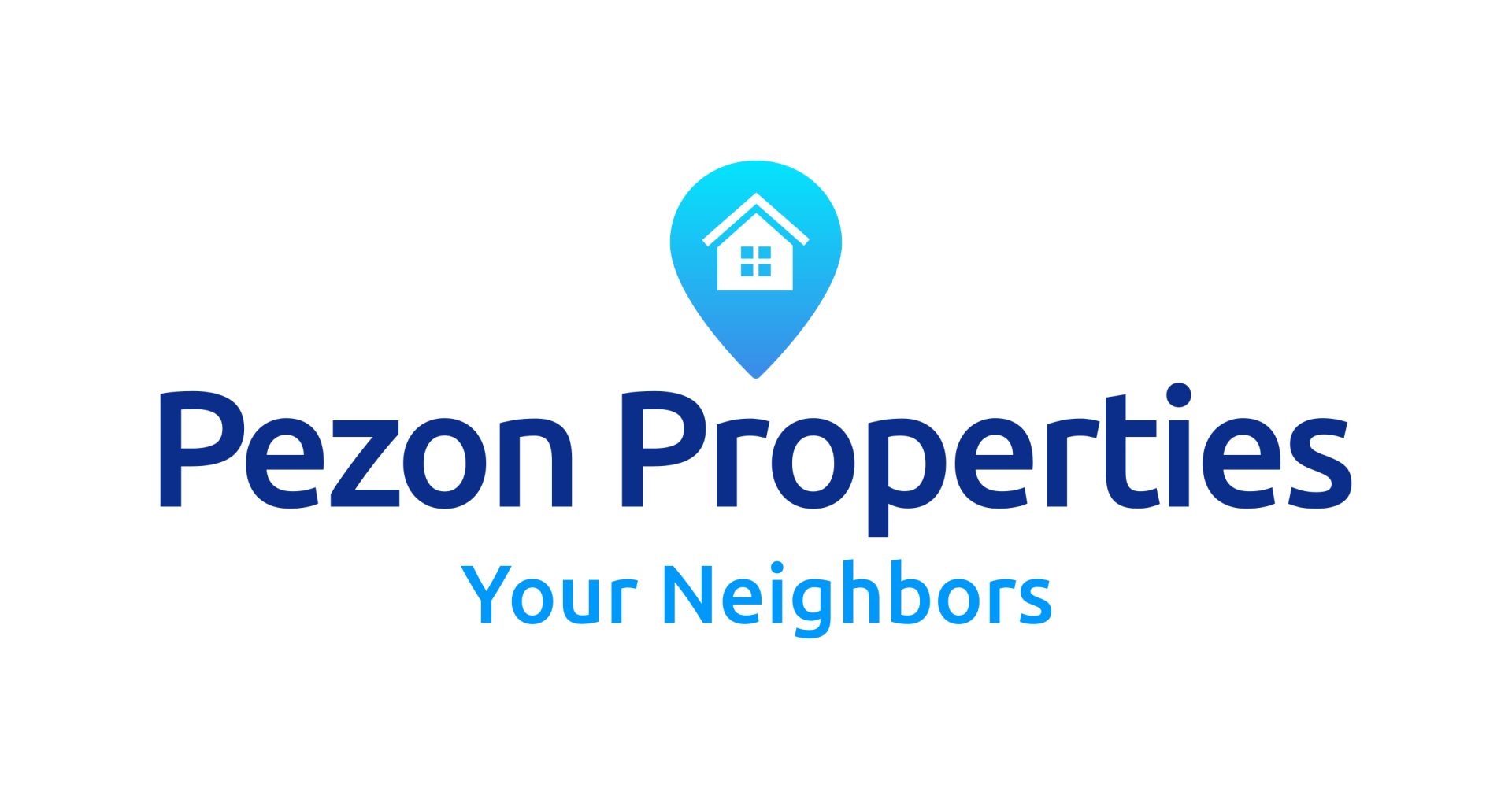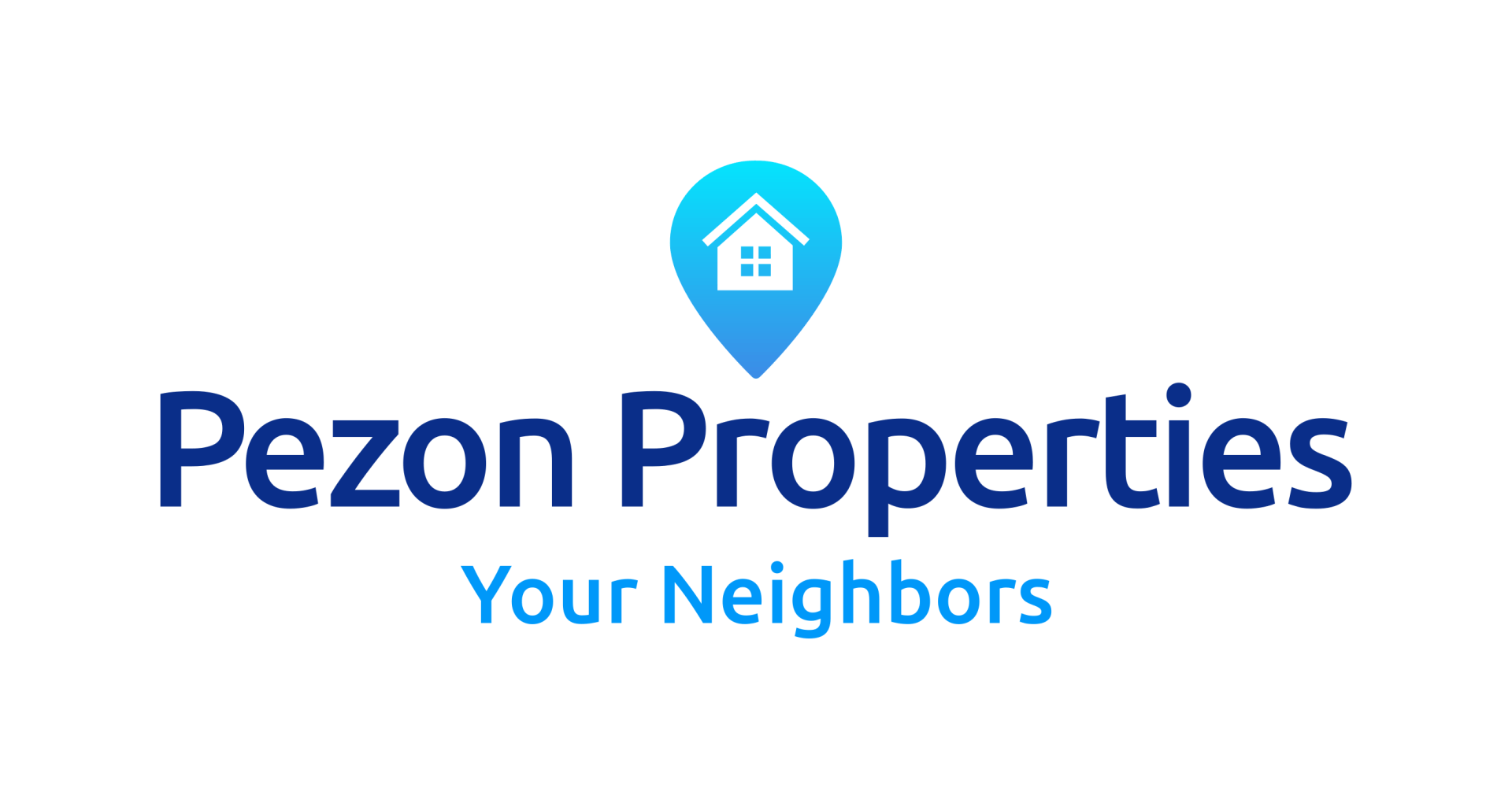Selling Your Home While Buying a New One: A Quick Guide
When you’re trying to sell your house while buying your next place at the same time, things can get complicated.
The process of buying and selling simultaneously can be stressful, particularly if you need the money from the sale of your current home to put toward your new one. (1)

This double-edged scenario presents a unique set of challenges that can make the entire property transaction feel like a juggling act of epic proportions.
Imagine this: you’ve found your dream home, the perfect fit for your family’s needs and desires, but there's a catch—your current house needs to sell first.
This situation is a common dilemma for many homeowners, and the stakes are high.
The timing has to align perfectly. If you’re like most people, the proceeds from the sale of your current home are crucial to funding your purchase.
So, what happens when these two transactions don’t sync up as planned?
One of the most pressing issues is the timing.
You might find yourself in a position where you’ve accepted an offer on your current home, but the closing date is weeks or even months away.
In contrast, your new home’s seller might want a quick sale.
The mismatch in timing can lead to many problems: temporary housing arrangements, double mortgage payments, or even losing out on the new home if the sellers decide to go with another offer.
Moreover, the traditional property market operates relatively slowly compared to the fast-moving world of cash home buyers.
Cash buyers often look for a quick and straightforward transaction, bypassing the typical delays associated with bank financing, appraisals, and inspections.
This expedited process can be advantageous if you need to close quickly on your current home.
However, it also means you have less time to navigate the complex process of buying a new one.

Another challenge is financial uncertainty.
If you need the equity from your current home to make a down payment on your new one, any delay in the sale can jeopardize your purchase.
Cash buyers offer a solution here—they provide a quick sale, allowing you to free up cash faster.
But this means you must be prepared for a swift and seamless transition.
Cash buyers typically require a fast closing, which can tell you're under intense pressure to find your new home quickly or risk losing the opportunity to secure it.
Navigating these simultaneous transactions requires careful planning and strategic decision-making.
You’ll need to coordinate the sale of your current home and the acquisition of your new one to ensure they align as closely as possible.
Understanding the terms of your sale and purchase agreements is crucial, as well as ensuring that everything is in place for a smooth transition.
Additionally, dealing with cash buyers can be a double-edged sword.
On the one hand, they provide a quicker sale process, ideal when you're in a hurry to buy a new home.
On the other hand, you might need to be flexible with the sale price or terms.
Balancing these expectations with your financial needs and goals can be delicate.
We buy houses Reading and in this quick guide, we'll walk you through the crucial procedures for effectively managing the sale of your home to cash buyers while simultaneously buying a new one.
We’ll cover strategies to align the timing of your transactions and practical tips to make the process as smooth as possible.
Tips to Align the Timing of Your Transactions
Navigating the sale of your present home while simultaneously purchasing a new one often involves intricate coordination and precise planning to ensure that everything falls into place seamlessly.
Misaligned timing can lead to many issues, including overlapping mortgage payments, temporary housing dilemmas, and potential delays that disrupt your plans.
To help you manage this complex process effectively, focusing on strategies that synchronize the timing of your sale and purchase is crucial.
Negotiate Flexible Closing Dates

One of the most significant issues when looking to sell my house fast Reading and buying a new one simultaneously, is the uncertainty surrounding closing dates.
Your current home might sell quickly, but the closing date could be delayed due to various factors, such as buyer financing or title issues.
Conversely, your new home purchase might be contingent on your current home selling, which can create a precarious balancing act.
This uncertainty can disrupt your moving plans and potentially force you into temporary housing or the stress of overlapping mortgages.
To mitigate this problem, negotiate flexible closing dates with both the cash home buyers in Reading and the seller of your new home.
If possible, build contingencies into your purchase agreement for your new home that allows you to extend the closing date based on the sale of your current home.
Additionally, request a leaseback option from your buyer, allowing you to remain in your current home for a short period after closing to provide extra time for your move.
This approach helps you synchronize both transactions and reduces the risk of financial strain or temporary housing issues.
Make a Strong Contingency Offer

It can be challenging to coordinate offers and acceptance when you need the proceeds from your current home to fund your new purchase.
If your offer on the new home is contingent on selling your current property, it might be less appealing to sellers, who could opt for a more straightforward offer.
This situation can put you at a disadvantage, making it harder to secure your new home while you’re still waiting for your current home to sell.
Present a firm offer on your new home with clear and convincing contingencies.
Work with an expert to craft a compelling offer highlighting your readiness and financial stability.
Include proof of funds, a pre-approval letter, and a detailed plan for how you will manage the sale of your current home.
By demonstrating your seriousness and preparedness, you can improve the attractiveness of your offer and increase your chances of acceptance from the seller.
Secure Bridge Financing

When the closing dates of your sale and purchase don’t align, you may face the financial burden of paying two mortgages simultaneously.
This overlap can strain your budget and create significant stress, mainly if your current home hasn’t sold yet and you’re committed to purchasing a new one.
Managing dual mortgage payments can complicate your financial planning and impact your credit score if not appropriately handled.
To alleviate the strain of overlapping mortgage payments, consider securing bridge financing or a home equity line of credit (HELOC).
These financial tools allow you to access funds based on the equity of your current home, providing the necessary cash to complete the purchase of your new home.
A bridge loan or HELOC can bridge the gap between selling your old home and closing on your new one, reducing the risk of financial strain and ensuring you can manage both transactions smoothly.
Plan for Temporary Housing

Another common issue is the misalignment of move-in and move-out dates, which can create logistical headaches.
If your new home becomes available before your current house sells, you might have to deal with temporary housing.
Alternatively, if your current home sells before you’ve secured your new one, you may face the stress of finding a temporary place to stay or managing a rushed move.
To manage potential misalignment, plan for temporary housing options well in advance.
Research short-term rentals, extended-stay hotels, or stay with friends or family if necessary.
Having a plan in place for temporary accommodations will give you flexibility and peace of mind, ensuring that you’re prepared for any gaps between selling your current home and moving into your new one.
Conduct Pre-Inspections

Home inspection or appraisal delays can throw off your timing, mainly if issues require additional repairs or renegotiations.
These delays can stall your closing date and disrupt your plans, making it difficult to align the sale of your current home with the purchase of your new one.
Consider conducting a pre-inspection of your current home before listing it.
Address any potential issues in advance to ensure a smoother inspection process.
Similarly, stay proactive with your new home’s inspection and appraisal by selecting reputable professionals and addressing any concerns promptly.
By managing these inspections effectively, you can minimize delays and keep both transactions on track.
Work with Market Experts

Timing the market is crucial but challenging.
You might struggle with determining the best time to list your current home while navigating the optimal time to purchase your new one.
Incorrect timing can lead to issues with overlapping transactions or missing out on desirable properties.
Leverage the expertise of property market analysts to gauge market conditions accurately.
Analyze trends, inventory levels, and pricing strategies to determine the best times to list and buy.
Your sales expert can provide insights and guidance to help you make informed decisions and align your transactions with favorable market conditions.
Create a Detailed Moving Plan

Preparing for the logistics of moving can be overwhelming, especially when juggling the sale and purchase of homes.
Poor planning can result in last-minute chaos, delays, and complications that affect the timing of your transactions.
Develop a comprehensive moving plan well in advance, including timelines, checklists, and coordination with moving companies.
Schedule your move to coincide with the closing dates of both transactions and communicate clearly with all parties involved.
A well-organized plan will ensure a smoother transition and help you stay on track with your timing.
Clearly Define and Communicate Contingencies

Contract conflicts can sometimes lead to complications if they aren’t clearly defined or if one party fails to meet their obligations.
Fail inspections or financing problems can delay or derail your transactions. Ensure all contract contingencies are clearly defined and communicated to all parties involved.
Work closely with your property sales expert to outline precise terms and conditions that must be met for both the sale and purchase.
Clear agreements can reduce the likelihood of complications and maintain control over your transaction timing.
Tips to Make the Process as Smooth as Possible

To ensure that everything goes as smoothly as possible and guarantee a Reading quick home sale, addressing potential challenges and streamlining each transaction step is essential.
A well-organized approach can significantly reduce stress and prevent complications.
Establish Open Lines of Communication

One major obstacle in a cash house purchase in Reading while buying a new home is the lack of clear communication between all parties involved—buyers, sellers, property sales experts, and financial institutions.
Miscommunication can lead to misunderstandings, missed deadlines, and unnecessary stress.
When everyone isn't on the same page, it can result in delays and complications that disrupt your entire transaction process.
Establish open and frequent communication with all relevant parties.
Schedule regular check-ins and updates to keep everyone informed about the status of both transactions.
Utilize digital tools such as shared documents and group messaging apps to facilitate quick and effective communication.
This proactive approach helps prevent misunderstandings and keeps all process aspects moving smoothly.
Work with a Knowledgeable Financial Advisor

Securing financing for your new home while looking to get cash for houses in Reading can be complex, particularly if you have multiple sources of funds or need to juggle different types of loans.
Complications with financing can lead to delays, additional stress, or even jeopardize the success of your transactions. Collaborate with a knowledgeable financial advisor or mortgage broker who can assist you navigate the complexities of financing.
They can assist with understanding your options, ensuring you meet all financial requirements, and coordinating the timing of your loans or lines of credit.
A financial advisor is also able to assist you in developing a budget that accommodates both transactions and provides clarity on how to manage your finances throughout the process.
Prepare and Organize All Required Documents

Lack of proper documentation can result in delays and complications in selling and purchasing your homes.
Missing or incorrect paperwork can slow down the process and lead to issues with closing, such as delays or last-minute changes that disrupt your plans.
Ensure that you have all necessary documentation prepared and organized well in advance. This includes property deeds, inspection reports, financial statements, and other relevant paperwork.
Work with your lawyer to review and verify all documents before submitting them. Keeping everything in order helps prevent last-minute issues and ensures a smoother transaction process.
Budget for Closing Costs

Closing costs can often be underestimated, leading to unexpected financial strain during the final stages of your transactions.
These costs include fees for appraisals, inspections, title insurance, and other expenses that may add up fast.
Accurately estimate and budget for closing costs to avoid surprises.
Work with your property sales expert and financial advisor to understand all potential expenses and ensure you have adequate funds set aside.
Review the estimated closing costs provided by your lender and compare them to your budget.
By planning, you can avoid financial stress and ensure you’re prepared for all the costs of closing both transactions.
Stay Informed

Property market conditions can fluctuate, affecting the timing and success of your transactions. Interest rates, property values, or market demand changes can impact your ability to sell quickly or find the right new home.
Stay up-to-date on market trends and be adaptable with your plans. Work with a knowledgeable property expert who can provide market insights and adjust your strategy.
Consider alternative approaches, such as adjusting your price or expanding your search criteria, to accommodate changes in the market.
Being adaptable helps you navigate market fluctuations and keep your transactions on track.
Seek Support and Take Breaks

Selling and buying homes can be emotionally taxing, especially when dealing with the pressure of making significant decisions quickly.
Emotional stress can lead to hasty decisions or difficulty focusing on essential aspects of the transactions.
To manage emotional stress, seek support from friends, family, or a professional counselor.
Take periodic breaks to rest and recharge, allowing yourself time to make informed decisions without feeling rushed.
Additionally, practice stress-relief techniques such as exercise, meditation, or hobbies to maintain a balanced perspective.
Managing stress helps you make better decisions and navigate the process more effectively.
Create a Detailed Timeline

Managing the timeline of selling your current home and buying a new one can be challenging, especially if you have other commitments or a tight schedule.
Poor time management can lead to hasty decisions and increased stress.
Develop a comprehensive timeline for selling your current home to a we buy houses Wilkes-Barre company and buying your new one. Include key milestones, deadlines, and tasks, such as inspections, appraisals, and document submissions.
Having a well-organized timeline helps you stay on track and ensures that you can promptly handle each step of the process.
Be Open to Negotiation and Compromise

Being inflexible with negotiations can limit your ability to close deals on favorable terms.
If you’re unwilling to adjust your expectations or terms, you might miss out on opportunities or face complications in aligning your sale and purchase.
Take a flexible approach to negotiations and be open to compromise.
Work with your property sales experts to understand market conditions and identify areas where you can adjust your expectations.
Being adaptable can help you secure better terms and ensure a smoother process of selling and buying your homes.
Give us a call anytime at 484-484-0971 or fill out this quick form to get started today!
Get A Fair Cash Offer On Your House

About the author
Mathew Pezon
Mathew Pezon is the founder and CEO of Pezon Properties, a cash home buying company located in Lehigh Valley, Pennsylvania. With several years of experience in the real estate industry, Mathew has become a specialist in helping homeowners sell their properties quickly and efficiently. He takes pride in providing a hassle-free, transparent, and fair home buying experience to his clients. Mathew is also an active member of his local community and is passionate about giving back. Through his company, he has contributed to various charities and causes.

















